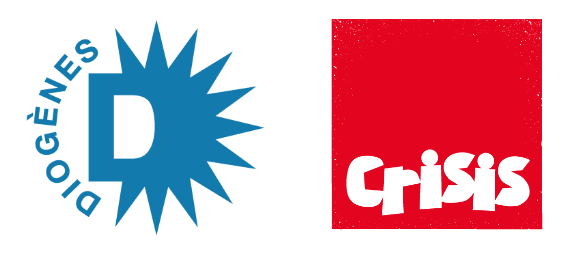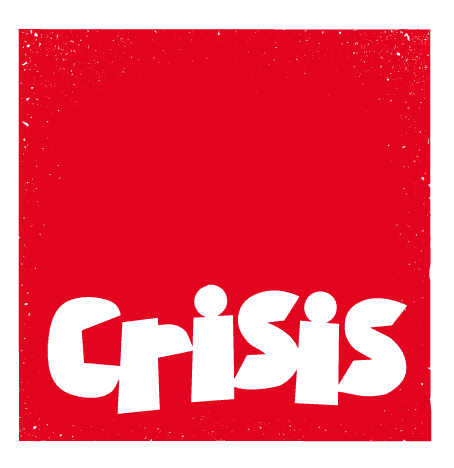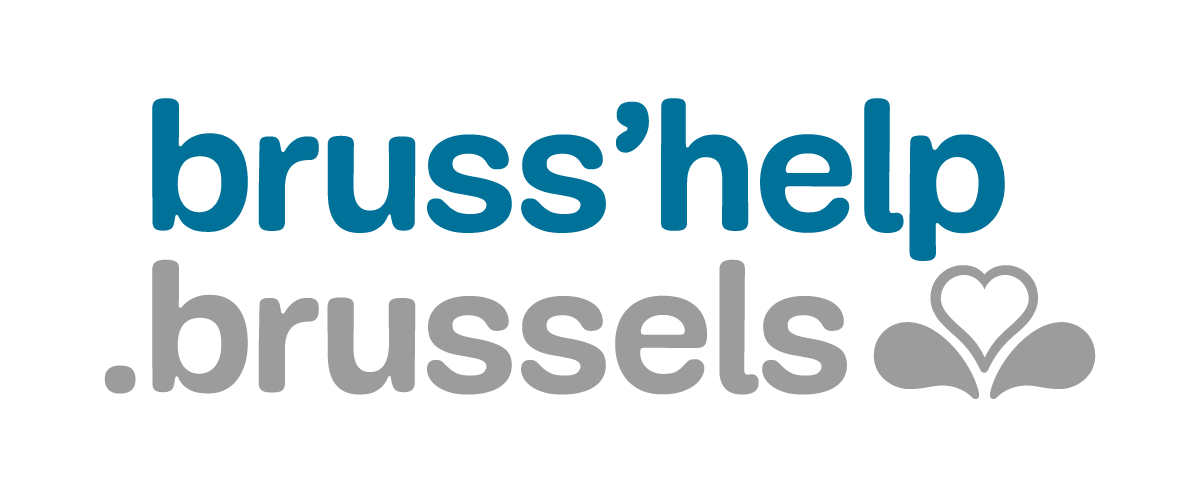Rights rehabilitation
We know how challenging it is for homeless people to maintain administrative documents in order. The non take up of rights demonstrates even more that the process to do so in hope of finding ways out of poor housing or homelessness can be overwhelming and discouraging.
That is why partnerships between homeless services providers and public authorities in charge of the allocation of social allowances or other types of help. Such privileged contacts aim at facilitating administrative procedures as time can be of essence depending on how vulnerable homeless people are. The homeless service provider can assist beneficiaries and liaise with public authorities throughout the whole process.
Creating SPOCs in public administrations in the Region of Brussels DC

RIGHTS FIRST : DIOGENES + CRISIS
The objective is to overcome administrative blockage preventing homeless people from meeting personal needs or having access to services. Creating partnerships to resolve administrative problems for homeless people meant having special points of contact (SPOC) within public authorities and seek out ways to formalize collaborations. Although the approach has to be adjusted depending on the public authority’s specificities, it revolves around the following steps:
1) explain the context of homelessness in Brussels
2) connect with the European level and create common ground: combating homelessness
3) present the Rights First project
4) Identify a special point of contact to carry out the partnership
The outcome remains open as multiple types of documents or actions can unite different partners (a chapter of common values, a partnership agreement, etc.). Rights First’s proposal was a Declaration of Intention ( link to the document) as an understanding of shared goals and intentions creating a more lasting partnership. However, attention was drawn to not having a one-way relationship but to nurture it: communication on results of our actions, informing on the target public’s access to rights as well as offering assistance when required…
Engaging with public authorities goes along with their bureaucratic pace or their restrictive legal framework. Receiving an answer to meeting requests and planning takes time. It is time consuming for homeless service providers to build partnerships while their focus is on people mostly in urgent need. That is why it is important to appropriately balance resources between building partnerships and assisting people. Once the contact was established with a SPOC, the main interest was that all Rights First partners could benefit from the collaboration. Nevertheless, when the partnership is implemented, it eases social workers’endeavours in supporting people.
Another issue is to allay the fears of public authorities about the idea of a parallel circuit for homeless people in administrative procedure follow-ups. It is necessary to reassure that SPOCs would only intervene when usual procedures are blocked. It is a win-win situation: save money by avoiding lengthy procedures and saving lives.
Striving to end homelessness through Individual coaching

RIGHTS FIRST : Samusocial + DIOGENES
Beyond seeking homeless people’s rights rehabilitation, homelessness service providers coach people as long as needed. Indeed, rights rehabilitation is omnipresent t to the support required to lifting people out of the street as many other issues may come along such as family related vulnerabilities, mental health or health issues, addictions, housing, etc… These are trajectories that are constantly reviewed and customized depending on the homeless situation treated.
Having rights restored does not mean they are forever acquired. Uninterrupted support is necessary to build a safe and sound environment for homeless people with a view to preventing losing rights again. Given that each situation is different, data on all steps taken and resulting in access to rights are worth being shared between partners and analysed to make them sustainable. In this regard, it is important to devote time and resources to the individual guidance of homeless people built up on a high-quality care relationship and trust.
UK Crisis’s model of change

SKYLIGHT : CRISIS
To support people in ending their homelessness situation, UK Crisis uses developed a model of change. After assessing the situation and verify whether Skylight is able to provide support, the admitted member can benefit from customized support, either intensive care management or structured coaching depending on their level of autonomy as well as available personal resources. This model strongly relies on continuous learning to find:
- ways of engaging members before they are ready to end their homelessness,
- ways of increasing a member’s ability to find and secure a home
- ways of increasing a member’s ability to succeed in that home and prevent a return to homelessness.
Their model of change is strengthened by another model, Psychologically Informed Environments and aApproaches devised to describe the approach homelessness services developed, in order to meet the needs of people that mainstream services struggled to reach. PIE provides a framework that supports an organisation to design its service around the psychological needs of the people that use it. People are better able to access and effectively engage with their services because relationships are at the centre of what they do, bringing a psychological understanding to their work and always remembering to reflect and learn. Psychologists are embedded in every Skylight sites to lead on the development of psychologically-informed environments and approaches, with the aim of: Enabling staff and volunteers to recognise and work effectively with emotional and relational issues.
The Crisis model of change.
Individual coaching by an alliance

INSULA : Sant Joan De Déu
The Insula alliance is made of 4 partners, each having their own experience. Fundació Mambré deals with the search and capture of housing and is responsible for the formalization of the tenancy contract, renting collection and supplies, processing of public rental aid and the adaptation and the maintenance of housing infrastructure. Sant Joan de Déu Serveis Socials provides a personal and comprehensive social support with community and networking perspective and personal support to people to sustain their tenancy. Sant Joan de Déu Serveis Socials and Càritas Diocesana de Barcelona also provides an economic fund, according to a scale of economic income, to be able to manage home renting and supplies. Formació i Treball, offers training and manages support for individualized itineraries for people to be able to generate incomes and sustain by themselves their economy. Cáritas Diocesana de Barcelona provides psychological care with the intention of preventing and treating the psychological suffering of the accompanied people. Cáritas Diocesana de Barcelona offers legal support to make legal services available that respond to their personal needs. This support is mobilized for everything related to the exercise of their rights.
All information disclosed reflects the opinion of the author only. The European Commission is not responsible for any use that may be made of the information.
![]()







